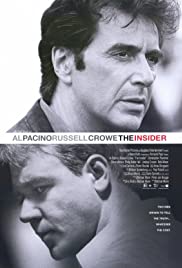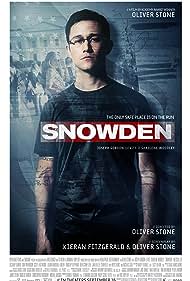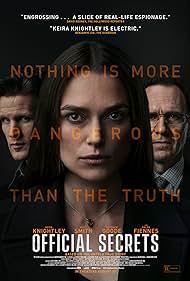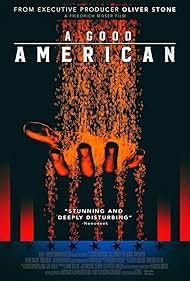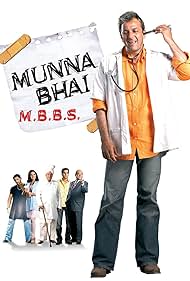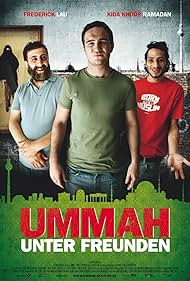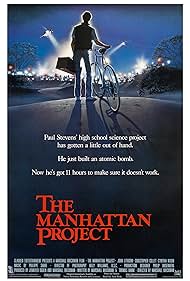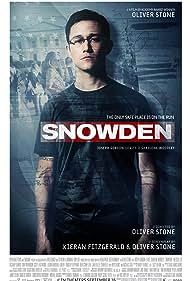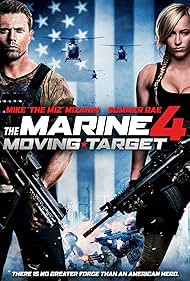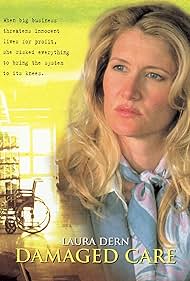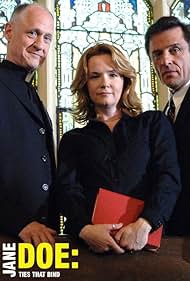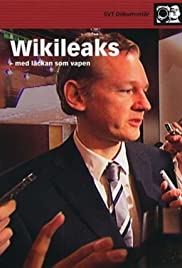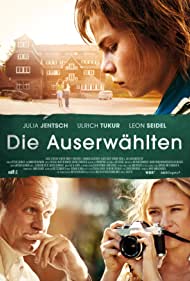Chasing Madoff Soundtrack (2010)

Buy on Amazon Play and download Soundtracks
Chasing Madoff
Synopsis
In 2008, Bernie Madoff, a Wall Street fund manager and one of the most recognizable names within the business for his successful track record, gave himself up to authorities in operating what was arguably the largest Ponzi scheme ever orchestrated, defrauding his investor organizations and individuals to the tune of $50 billion US.
For close to the previous ten years behind the scenes, who would become known as the Madoff whistle-blowers, with most of the proverbial heavy lifting in the matter carried out by Harry Markopolos, worked to expose what Madoff was doing as fraud.
Working for Rampart, a rival firm based in Boston, Markopolos was initially tasked to develop a fund, using Madoff's successful one as a benchmark. Within minutes of reviewing Madoff's fund, Markopolos knew that Madoff was doing something illegal, probably a Ponzi scheme, to achieve the returns he was boasting, not yet realizing the reach and the value of the fraud.
As Markopolos and the others gathered irrefutable evidence to expose Madoff, they ran into one roadblock after another in making the story public, which led to the question: why were the US Securities and Exchange Commission (SEC) and the various major financial media outlets sitting on the story, despite they being provided such evidence by Markopolos.
Knowing that if people behind Madoff knew what he was doing, Markopolos, for several years, feared for his life and the life of his young family.
As an epilogue to the story, Markopolos ponders whether the ten year struggle was worth it seeing that in the end no one was saved, with interviews with many of the proverbial small Joe and Jane Public investors interspersed throughout this film, they stating how Madoff ruined their lives in they just trusting him.
Download and play the Soundtrack list
| Play | Title | Artist |
|---|---|---|
|
Chasing Madoff
|
||
|
Lacrimosa
|
Wolfgang Amadeus Mozart:
Performer
|
|
|
Confutatis
|
Wolfgang Amadeus Mozart:
Performer
|
|
|
Indiana Days
|
Keith Nichols:
Performer
|
|
|
No One Would Listen
|
||
